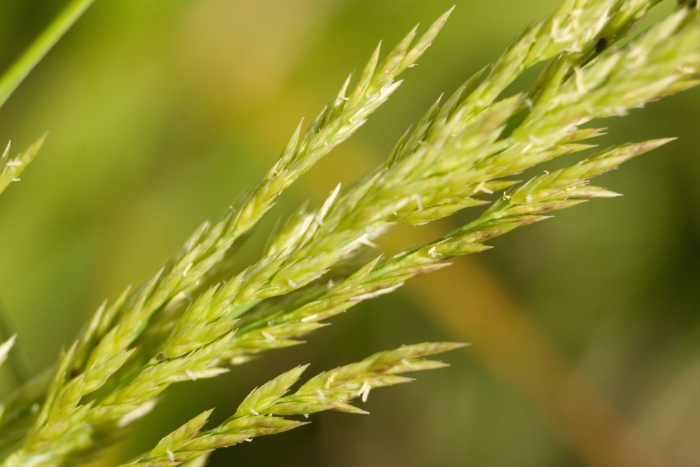Variable Lovegrass
(Eragrostis variabilis)
Variable Lovegrass (Eragrostis variabilis)
/
/

© Kevin Faccenda
CC BY 4.0
Image By:
© Kevin Faccenda
Recorded By:
Copyright:
CC BY 4.0
Copyright Notice:
Photo by: © Kevin Faccenda | License Type: CC BY 4.0 | License URL: http://creativecommons.org/licenses/by/4.0/ | Uploader: kevinfaccenda | Publisher: iNaturalist |

























Estimated Native Range
Summary
Eragrostis variabilis, commonly known as variable lovegrass, is a perennial grass endemic to the Hawaiian archipelago, including all main islands and several atolls. It typically grows up to 3 feet tall and can be found from sea level to elevations of 3,700 feet. Variable lovegrass thrives in a variety of habitats, including coastal areas, dry grasslands, and open shrublands, where it forms tufts or clumps. It is an important component of the native ecosystem, providing nesting habitat for endemic birds such as the Laysan finch and Laysan duck.
Variable lovegrass is valued for its versatility and resilience in cultivation, making it a suitable choice for ornamental use in gardens, restoration projects, and erosion control. It has a historical significance as it was used by Native Hawaiians for thatching. This grass prefers full sun to partial shade and requires well-drained soils. It is drought-tolerant once established, which makes it a low-maintenance option for xeriscaping. However, it faces competition from invasive species like sandbur, which can outcompete native grasses and alter the ecological balance. Gardeners should be mindful of its potential to spread and manage it accordingly to prevent unwanted naturalization.CC BY-SA 4.0
Variable lovegrass is valued for its versatility and resilience in cultivation, making it a suitable choice for ornamental use in gardens, restoration projects, and erosion control. It has a historical significance as it was used by Native Hawaiians for thatching. This grass prefers full sun to partial shade and requires well-drained soils. It is drought-tolerant once established, which makes it a low-maintenance option for xeriscaping. However, it faces competition from invasive species like sandbur, which can outcompete native grasses and alter the ecological balance. Gardeners should be mindful of its potential to spread and manage it accordingly to prevent unwanted naturalization.CC BY-SA 4.0
Plant Description
- Plant Type: Grass
- Height: 1-3 feet
- Width: 2-3 feet
- Growth Rate: Moderate
- Flower Color: N/A
- Flowering Season: Spring, Summer, Fall, Winter
- Leaf Retention: Deciduous, Semi-deciduous
Growth Requirements
- Sun: Full Sun, Part Shade
- Water: Low
- Drainage: Fast, Medium, Slow
Common Uses
Drought Tolerant, Erosion Control, Low Maintenance
Natural Habitat
Coastal areas, dry grasslands, and open shrublands
Other Names
Common Names: Variable Love Grass, Variable Eragrostis
Scientific Names: , Eragrostis variabilis, Eragrostis equitans, Eragrostis hawaiiensis, Eragrostis hawaiiensis, Eragrostis hobdyi, Eragrostis niihauensis, Eragrostis phleoides, Eragrostis phleoides, Eragrostis thyrsoidea
GBIF Accepted Name: